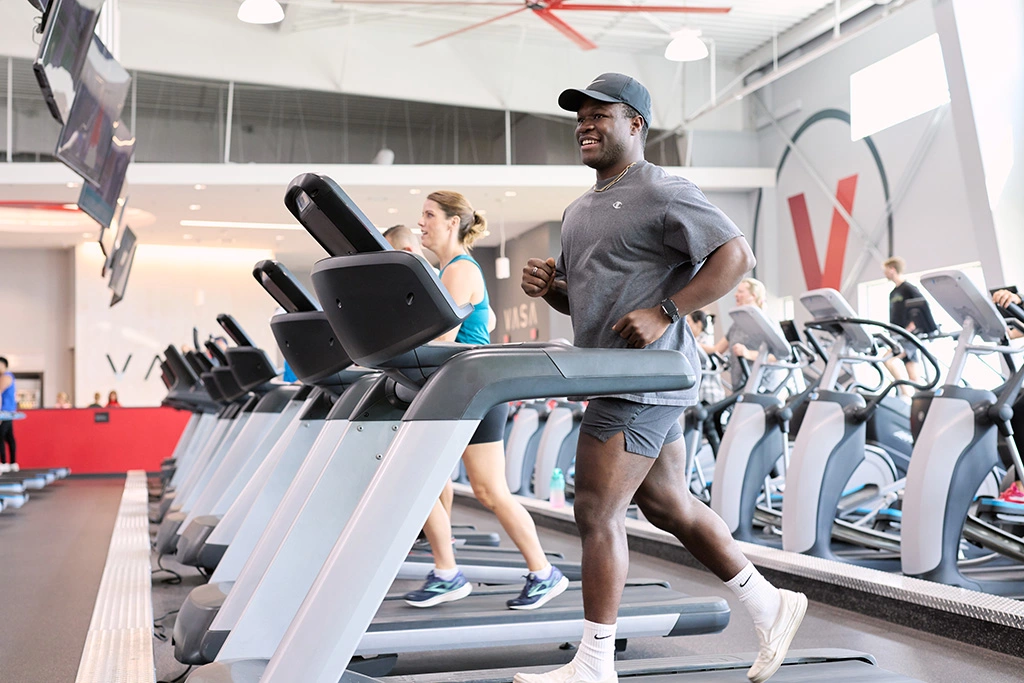How Exercise Can Help with Stress
From demanding work schedules to personal responsibilities, stress can take a toll on our physical and mental well-being. Exercise is a powerful tool that can help us combat stress and regain control of our lives. In this article, we will explore the stress-relieving benefits of exercise, the various types of workouts that offer stress relief, and practical tips for incorporating fitness into your daily routine.
Understanding Stress and Its Impact on Health
Stress can lead to a range of health issues, including anxiety, depression, heart disease, and weakened immunity. Managing stress is essential for maintaining a healthy lifestyle and preventing long-term health problems. When we engage in physical activity, our body releases endorphins—the feel-good hormones. These endorphins act as natural stress-relievers and mood enhancers. Additionally, exercise also reduces the production of stress hormones like cortisol, helping us achieve a state of relaxation and calmness.

Types of Exercise and Their Stress-Relief Benefits
Different types of exercises offer unique stress-relief benefits. Aerobic exercises, such as running, cycling, swimming, and water aerobics, not only improve cardiovascular health but also stimulate the release of endorphins. These exercises are particularly effective in alleviating stress and anxiety.
Mind-body exercises like yoga, Pilates, and Tai Chi focus on the connection between the mind and body. By incorporating mindfulness and relaxation techniques, these exercises promote mental clarity and emotional resilience, making them ideal for stress reduction. Meditation, progressive muscle relaxation, and breathing exercises can be seamlessly integrated into a fitness routine, enhancing the mind-body connection and promoting mental tranquility during workouts.
Strength training, weightlifting, and resistance exercises can also reduce stress and boost self-confidence. As you feel stronger physically, you also build mental strength, which lower stress levels and enhances overall self-esteem.

Creating an Effective Exercise Routine for Stress Management
To maximize the stress-relieving benefits of exercise, it’s essential to create a well-rounded workout routine. Finding an exercise routine that fits into a busy lifestyle is also important to maintain consistency. VASA’s certified Personal Trainers can help you come up with a custom workout routine that will help build strength and overall fitness, and reduce your overall stress levels.
The Mind-Body Connection: Harnessing Exercise to Reduce Emotional Stress
Exercise serves as a healthy outlet for emotional release. Physical activity can help channel negative emotions constructively, reducing stress and improving mood. Cultivating a positive mindset through fitness fosters emotional resilience, enabling you to face life’s challenges with greater strength.
Cognitive Benefits
Engaging in physical activity has been shown to boost cognitive abilities, including memory and focus. Exercise also increases blood flow to the brain, improving cognitive performance and mental clarity. By reducing the body’s production of stress hormones, such as cortisol, and triggering the release of endorphins, exercise can help you manage stress more effectively and build the emotional strength that’s necessary to cope with life’s challenges.
Conclusion
Exercise is an important part of maintaining overall health and reducing stress. Take the first step towards a healthier and happier life by embracing stress-reducing fitness as a holistic approach to overall well-being. A stress-free life is just a workout away!

SUBSCRIBE TO OUR BLOG
Enter your email to start receiving our blog emails!









